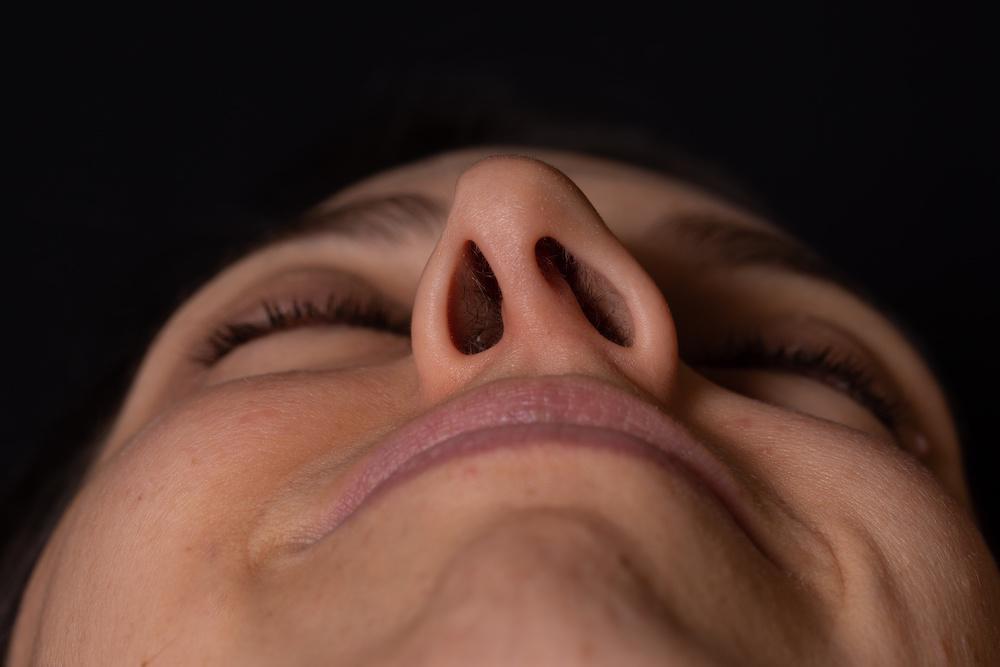When You Should Consider Surgery for a Deviated Septum

Home > Blog > When You Should Consider Surgery for a Deviated Septum
When You Should Consider Surgery for a Deviated Septum
In a perfect world, the thin wall that divides your nostrils is perfectly straight, allowing the easy flow of air in and out of your nose. But, the world is full of curveballs, in this case a deviated septum, which leaves you struggling to restore balance.
At Sinus & Allergy Wellness Center, Dr. Franklyn Gergits and our team are highly trained ear, nose, and throat specialists whose mission is to help our patients breathe freely and clearly, day and night. While deviated septums are fairly common, in some cases, the problem can affect your quality of life, making surgical correction a good idea.
Here’s a look at some of the reasons why you should consider surgery for a deviated septum.
A wrong turn
As we mentioned, deviated septums aren’t all that uncommon and can develop for several reasons, including:
- Congenital defect
- Poor development
- Injury to your nose
While these are the primary drivers of a deviated septum, the condition is often exacerbated by age, as well as chronic rhinitis (swelling in your nasal passages) due to allergies. These conditions build off the deviation, making its effects more pronounced.
A problematic septum
One of the primary complaints we hear when it comes to deviated septums is difficulty breathing. If your deviation is moderate to severe, it can block one nostril from taking in or expelling air properly. As a result, you may find yourself breathing through your mouth more often, which can lead to dry mouth (not to mention the social impact of breathing through your mouth).
If you have difficulty breathing because of a deviated septum, the odds are good that the problem continues through the night, which can lead to snoring and poor quality sleep.
Another issue with deviated septums is that the cartilage that forms the thin wall can dry out, making you more prone to nosebleeds.
Rounding out the list of complications is a decreased sense of smell or taste. With a reduction in airflow through your nose, your sense of smell is affected, as the smell doesn’t have a chance to form in the first place. And since your sense of taste is directly linked to your sense of smell, you may lose some of this sense as well.
When surgery presents the best option
If we’ve exhausted other treatment avenues to remedy the complications that stem from your deviated septum, it may be time to discuss surgery. Called a septoplasty, we can perform the surgery quickly and easily, typically on an outpatient basis, to realign your septum.
While relatively minor, a septoplasty is still surgery and this decision is really one only you can make. Rest assured, we first sit down with you to review your options and make recommendations based on the degree of your deviation and the effects it’s having on your life.
The bottom line is that if you’re suffering because of a deviated septum, we can help. Simply contact one of our two offices in Fountain Hills or Scottsdale, Arizona, by phone or by using our online booking tool to set up an appointment.
Disclaimer:
The information provided in this article is for informational and educational purposes only and does not constitute medical advice. It is not intended to diagnose, treat, cure, or prevent any disease or medical condition. Always seek the guidance of your physician or other qualified healthcare provider with any questions you may have regarding a medical condition or treatment.
Results may vary: Treatment outcomes and health experiences may differ based on individual medical history, condition severity, and response to care.
Emergency Notice: If you are experiencing a medical emergency, call 911 or seek immediate medical attention.



